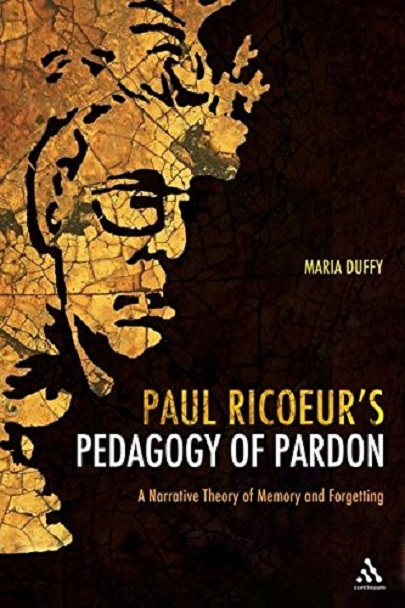
Paul Ricoeur's Pedagogy of Pardon describes how memory is structured, in culture, civic identity and religion - and addresses central conceptual and methodological issues in his theory of forgiveness (or reconciliation).
Where conflict arises from the clash of cultures, memory also becomes a tool to help resolve and heal past wounds.
Ricoeur provides a hermeneutical key to examine conflicting narratives so that some shared truths can be arrived at in order to begin afresh.
As the many Truth Commissions around the world illustrate; revisiting the past has a positive benefit in steering history in a new direction after protracted violence.
A second deeper strand in the book is the connection between Paul Ricoeur and John Paul II.
Both lived through the worst period of modern European history (Ricoeur a Prisoner of War for four years in WWII and John Paul, who suffered under the communist regime).
Both have written on themes of memory and identity and share a mutual concern for the future of Europe and the preservation of the 'Christian' identity of the Continent as well as the promotion of peace and a civilization of love.
The book brings together their shared vision, culminating in the award to Ricoeur by John Paul II of the Paul VI medal for theology (July 2003) - only conferred every five years - for the philosopher's fruitful research in the area of theology and philosophy, faith and reason and ecumenical dialogue.